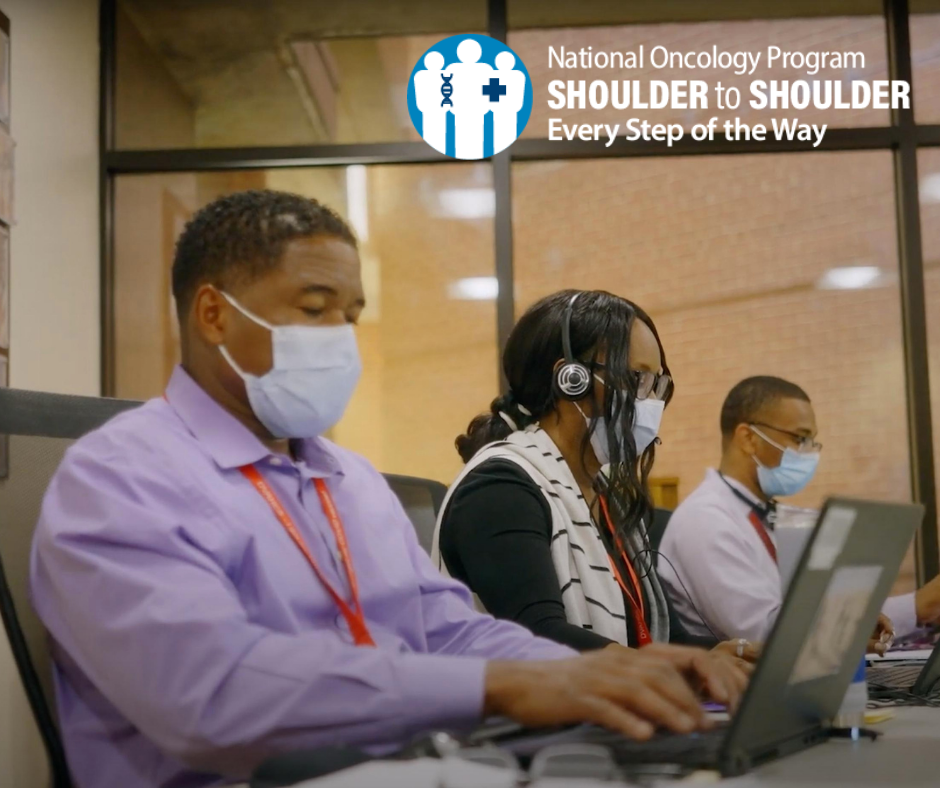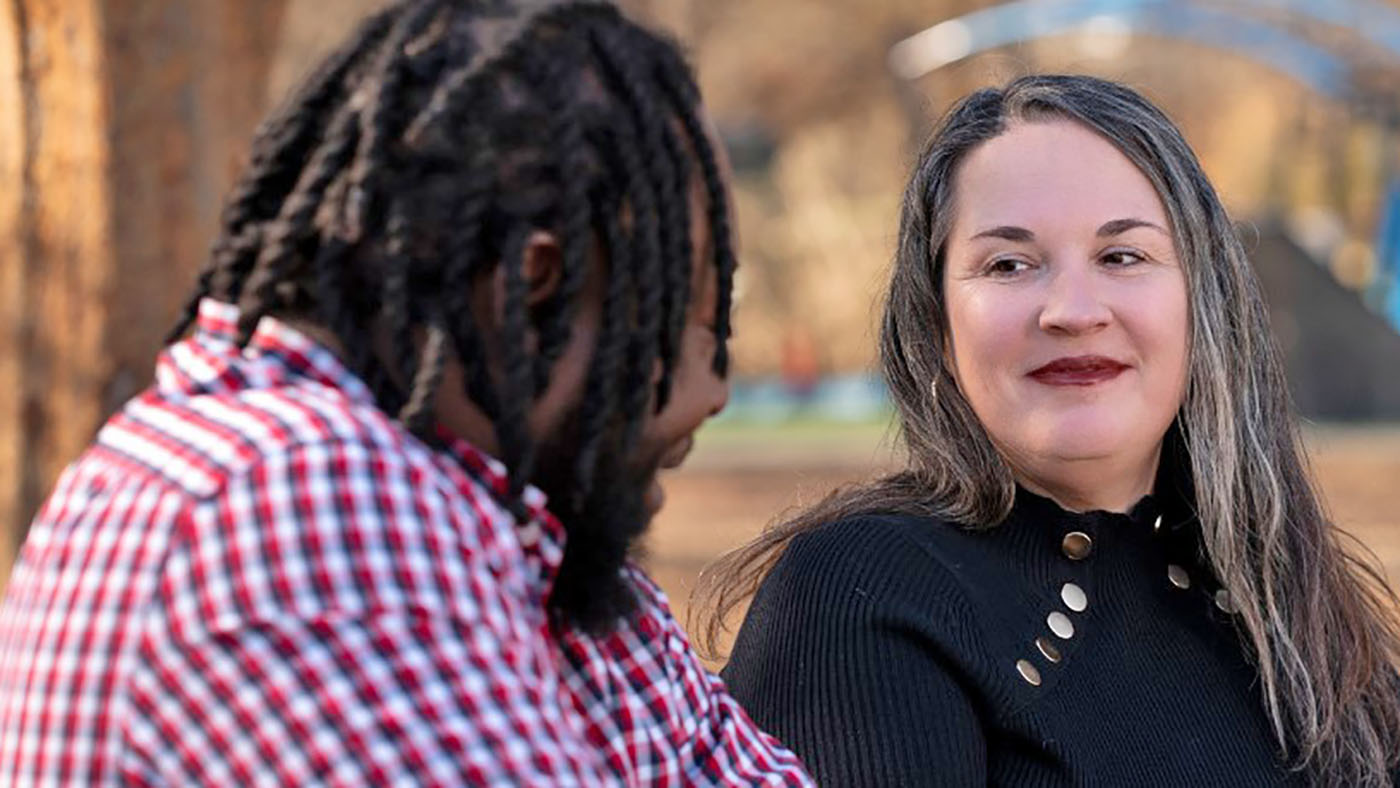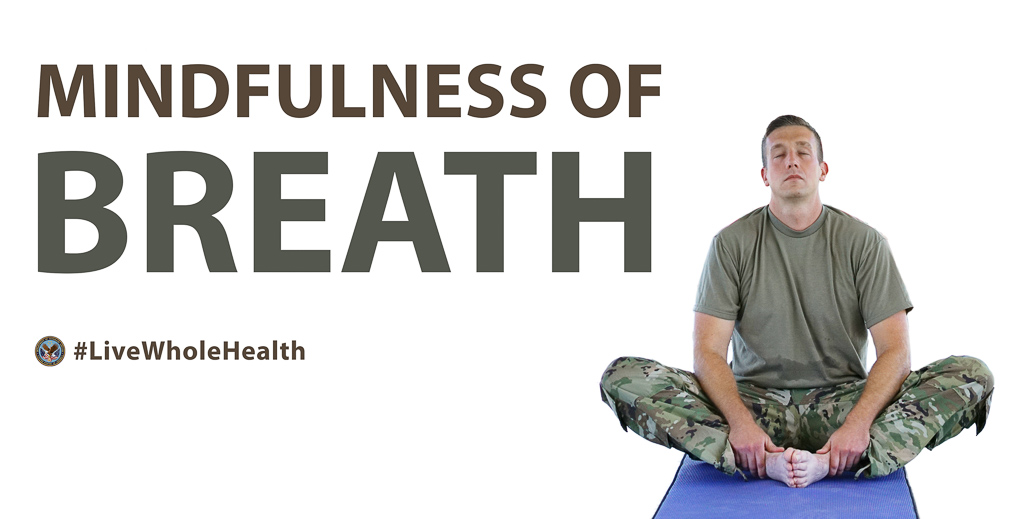When a lung cancer screening diagnosed Army Veteran David Edland with lung cancer, his first question was, “How bad is it and what are we going to do to control it?” The answer to the latter part of that question was complicated, as Edland didn’t know initially who would provide his care because the doctor he was seeing left VA. He had to choose between TeleOncology or going to a different hospital.
Since Edland trusted the care he received at VA, he decided to try TeleOncology. He was connected with Dr. Garth Strohbehn at the VA Ann Arbor Healthcare Center. Although Edland and Dr. Strohbehn are over 800 miles apart, they connected easily through the clinical video telehealth (CVT) at each of their VA Medical Centers.
“I pair my appointments with Dr. Strohbehn with my infusions,” Edland said. “The nurses set it up for me and it’s very easy to use.”
The National TeleOncology service (NTO), an initiative of the National Oncology Program (NOP), provides access to specialized cancer care across the country to Veterans who need it. NTO delivers cancer screenings, diagnostics, and treatment for Veterans via telemedicine. VA uses a “hub-and-spoke” model for TeleOncology, with the main hub based in the Durham VA Medical Center. VA cancer specialists around the country work through NTO from their local VA Medical Center office, providing care virtually to a selected spoke site. This model allows quality care to reach Edland even though he lives far away in Fargo, North Dakota.
“The doctor and nurses go out of their way to answer all my questions,” shared Edland, who continues to receive treatment and is doing very well.
Providing care all over the country
Each week, Dr. Strohbehn meets with patients virtually with his spoke sites in Miami and Fargo.
“I enjoy working at multiple sites of care all over the country,” said Dr. Strohbehn. “Collaboration with on the ground staff ensures visits are successful.”
In addition to having access to specialty cancer care regardless of their location, Veterans get to spend more quality time with their doctors than if they were in a non-VA setting. This allows for more time between patient and doctor to have important discussions without feeling rushed. The extra time is valued by both patient and provider alike.
“I enjoy getting to coach patients who are going through chemotherapy at their location,” said Dr. Strohbehn. “I get to have more thorough, almost academic, conversations with Veterans about their care because we have the time.”
Why Choose TeleOncology?
Veterans choose TeleOncology for their care because:
- Access to subspecialty care, including thoracic oncology specialists like Dr. Strohbehn.
- Patients and their caregivers can easily attend appointments.
- Connection to high-quality cancer treatment without spending time, money and energy traveling long distances for care.
- Consultations from VA’s national oncological experts for Veterans with rare cancers.
- Access to innovative clinical trials for Veterans regardless of where they live.
Talk to your provider to learn more about TeleOncology as an option for your care.
Choosing VA for your cancer care
VA is focused on helping Veterans with cancer live better lives. VA providers work hard to ensure the proper cancer screening takes place, and if necessary, use best-in-class treatment approaches, including clinical trials, to address cancer care. As a result, this may shorten your treatment time. You may also have fewer side effects during treatment. All VA providers stand shoulder to shoulder with Veterans and support them on every step of their cancer journey.
For more information, visit cancer.va.gov or email cancer@va.gov.
Topics in this story
More Stories
You don’t need to know complicated terms or lots of data to talk to someone about suicide. You just have to show concern.
VA’s Office of Connected Care helps Veterans in rural areas receive care through telehealth and other virtual tools.
Discover the power of your breath! Explore how mindful breathing can bring peace, ease your mind and enhance clarity in this week's #LiveWholeHealth video.






